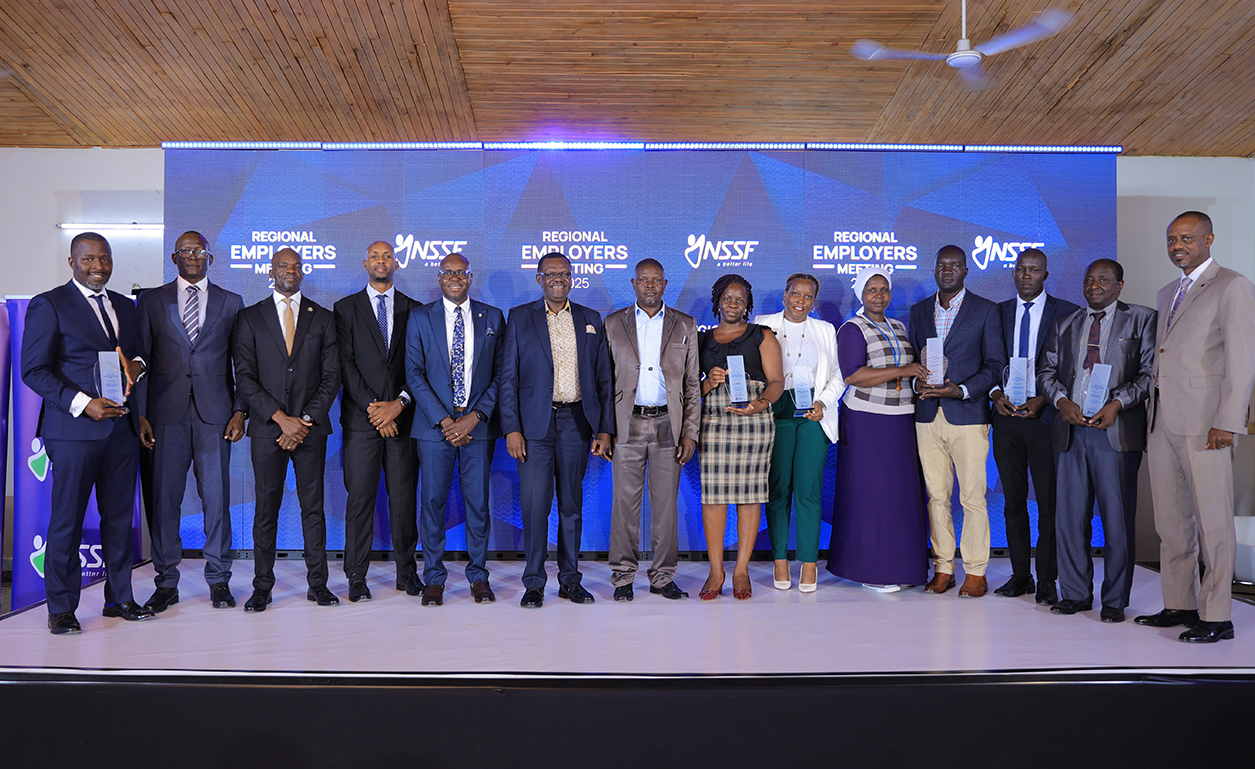Overcoming Financial Challenges During a Career Break: How to Cope in Times of Job Loss
Monday, May 12 2025 9:00 am
By Anna Maria Sanyu, Financial Advisor Follow on LinkedIn
In today’s rapidly changing world, various forces, geopolitical, environmental, economic, and technological,l are reshaping our lives. In the past few years alone, we have faced significant disruptions, from the global havoc caused by the COVID-19 pandemic to financial aid cuts by organisations like the United States Agency for International Development (USAID). Job losses have become increasingly common, and with them, the stress and uncertainty that come with navigating life afterwards. In Uganda, where unemployment remains prevalent, losing a job can feel especially frightening. However, this doesn’t have to be the end of the road.
If you have recently found yourself facing an unplanned career break or even permanent job loss, there are ways to survive and thrive. Here are some strategies that can help you cope.
Pause, Breathe, and Reflect on Your New Reality
The first step after a job loss is to take a moment to breathe and accept your new reality. There’s no rush to make drastic decisions. Reflect on what’s changed – what you have lost and what new opportunities might emerge. Many people today depend on informal work and social networks; it can be difficult to adjust, but the shift can offer new paths too. Use this time to assess your life situation carefully, and if needed, seek professional help to guide you through this emotional and mental shift. Your mental health is just as crucial as your financial stability.
Communicate with your Loved Ones
It’s crucial to be open with your loved ones about the situation. Whether it’s your spouse, children, or other family members, honest conversations are vital in making sure everyone understands the impact of your career break. It’s important to keep everyone in the loop to manage expectations and avoid misunderstandings.

Evaluate your Financial Situation
Once you’ve processed your emotions, take stock of your financial health. How much savings do you have, and how long can you sustain yourself with what’s left? It’s essential to reduce unnecessary spending. However, be careful not to cut back so drastically that it affects your mental and physical well-being; it’s important to strike a balance in reducing costs without sacrificing too much.
Choose the Right Path Forward: Entrepreneurship or Job Search?
At this point, you’ll need to decide whether to venture into business or continue searching for a new job. Turning to entrepreneurship as a quick way to generate income, whether by selling products at the local market or offering services like tailoring, catering, or transport, is usually a go-to idea, but remember, starting a business comes with its challenges. Learn about the business you intend to venture in before you sink your money into it.
On the other hand, if you’re choosing to search for another job, it’s important to go in with realistic expectations. You might land a better-paying position, or you might end up with a lower-paying role than you had before. In some cases, you may have to delay re-entering the workforce. It’s important to prepare mentally for any possibilities. Hope for the best but also plan for the worst.
Leverage Your Expertise and Explore Freelancing or Consulting
Consider using your existing skills in new ways. With the growing gig economy, there are several opportunities for freelancing, consulting, or part-time work, especially in sectors like education, technology, and business development. For example, if you previously worked in finance, consider offering consulting services or learning sessions to small businesses. The gigs not only provide income but can also help you expand your professional network and gain new experiences.
Continue Building Your Network
Even if you are not currently employed, your network remains a powerful tool. Attend community events, reach out to old colleagues, and stay connected with your professional circles online. Opportunities can come when you least expect them. Maintaining relationships can give you an edge when openings arise.

Keep Learning
Use this time to enhance your skills or acquire new ones. Consider free online courses or workshops that can boost your marketability in the future. Learning new skills can increase your employability. Whether it’s mastering digital marketing or gaining technical certifications, upskilling can prepare you for better opportunities down the line.
Making the most of every situation
A career break, especially an unplanned one, can feel overwhelming. However, it doesn’t have to result in financial disaster. By making thoughtful, strategic decisions and managing your finances wisely, you can navigate this difficult period and come out stronger. Remember, financial resilience is built over time, often through overcoming setbacks and preparing for the unexpected. Sometimes, the toughest challenges bring the most valuable lessons. Stay proactive, plan carefully, and keep your focus on long-term goals







